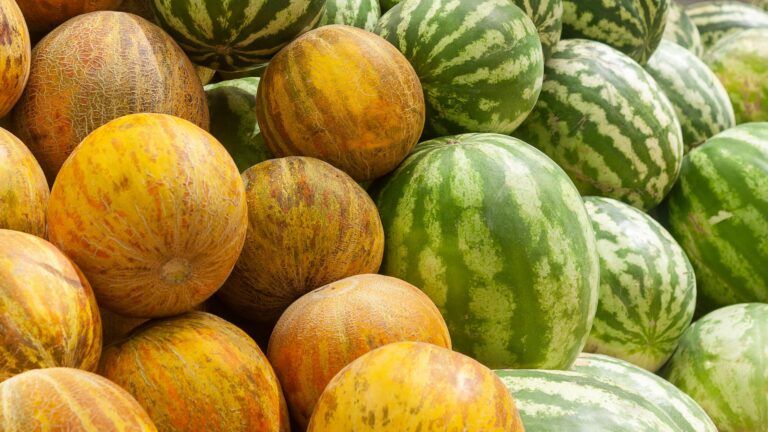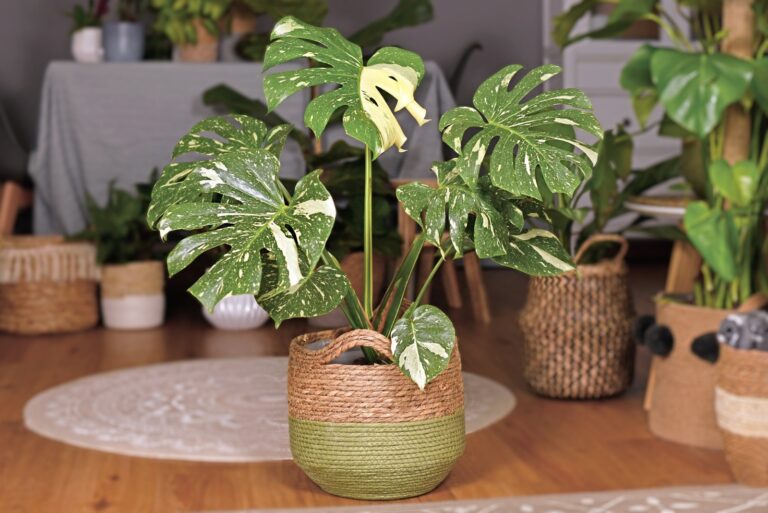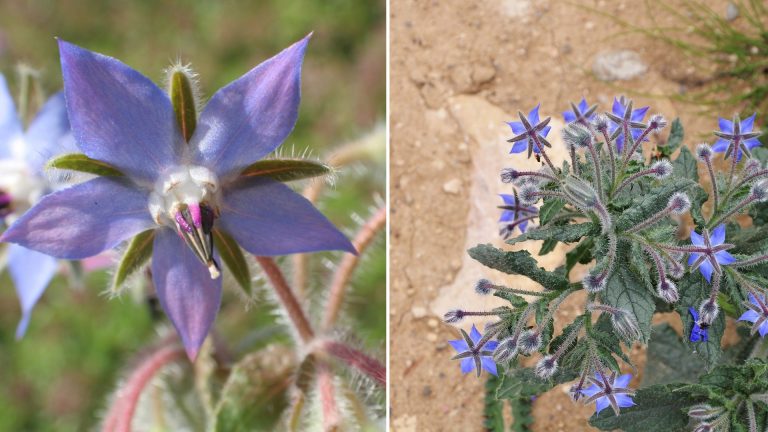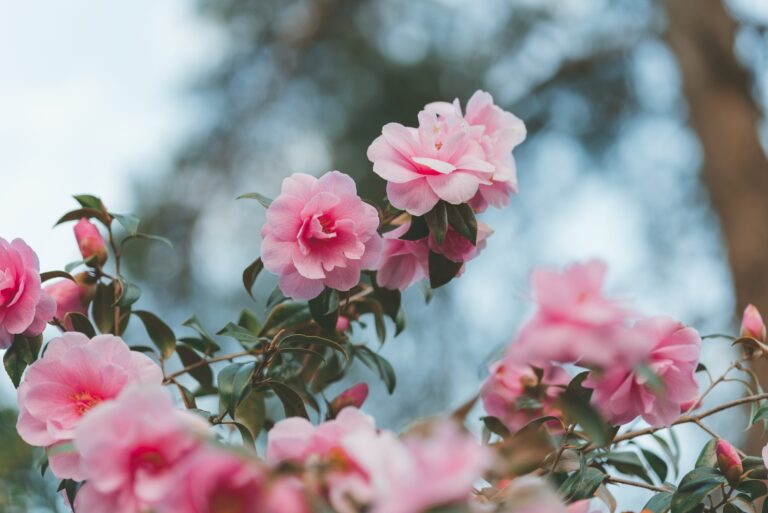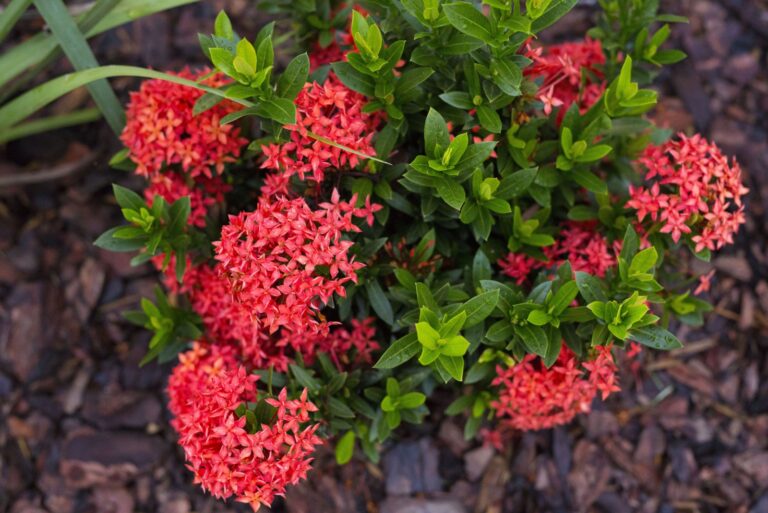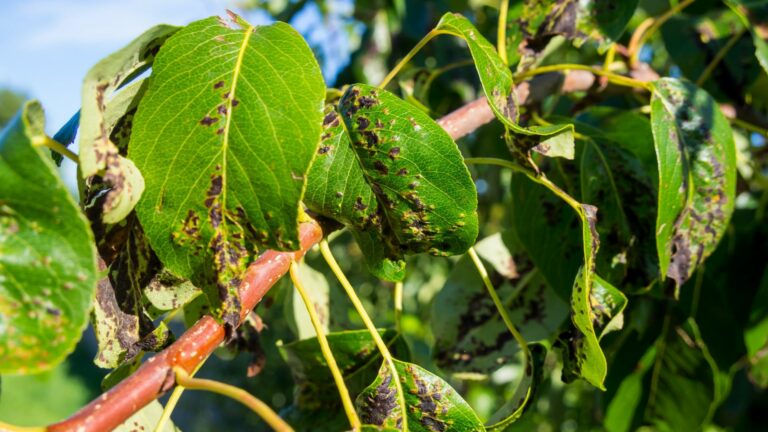19 Essential Garden Plants That Will Keep Your Chickens Happy And Healthy
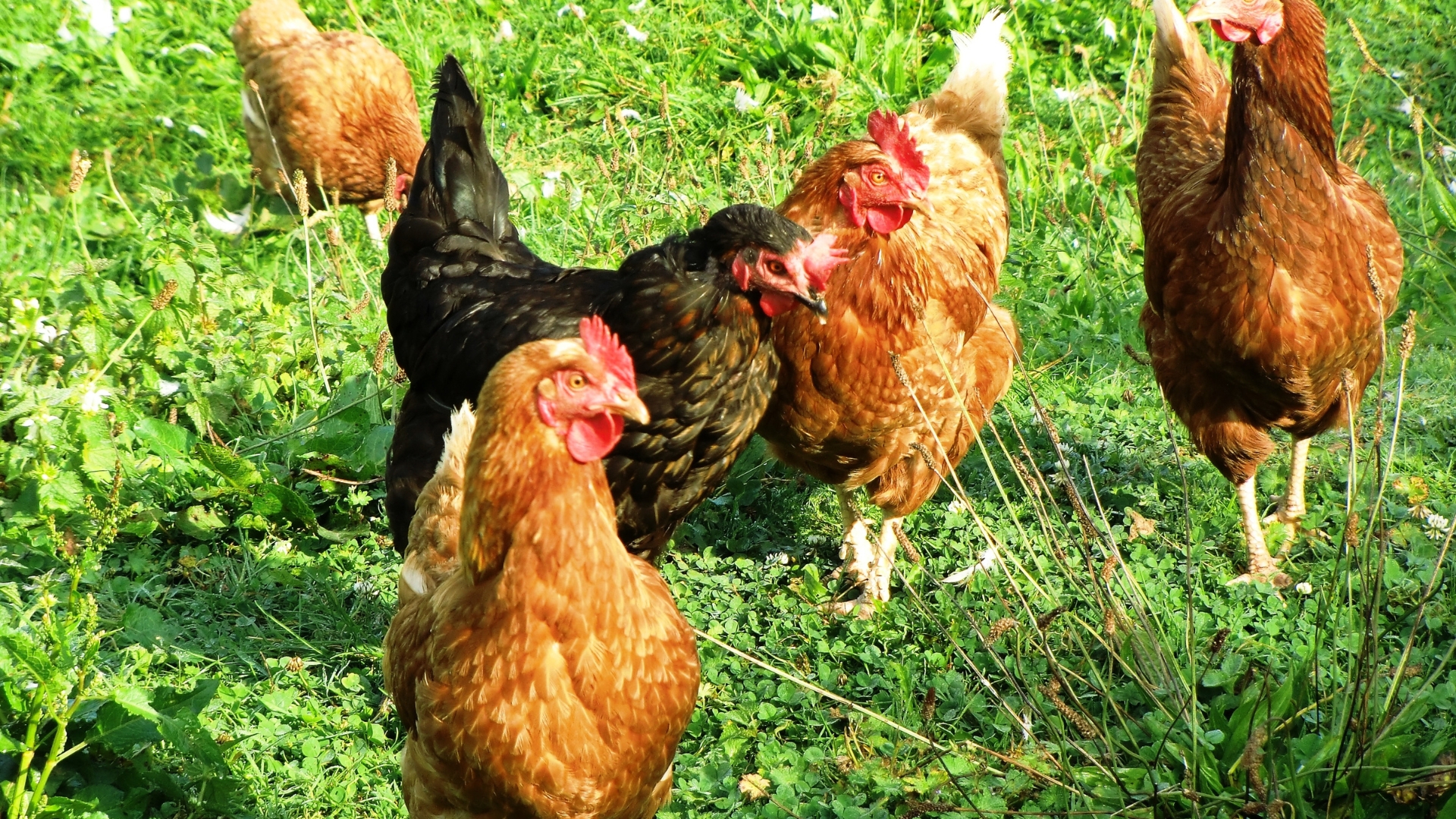
I’ve been around chickens my whole life, and if there’s one thing they go crazy for, it’s leafy snacks. While some folks see it as a pecking problem, I say—why not turn it into a golden opportunity?
By growing your own chicken-friendly crops, you’ll kill two birds with one stone: slash your feed bill and supercharge your flock’s health with fresh, homegrown goodness.
Happy hens lay better eggs—and that’s a win for everyone at the breakfast table.
Here are 19 plants your chickens will gobble up like candy—and feel fantastic doing it.
Growing Your Own Chicken Food
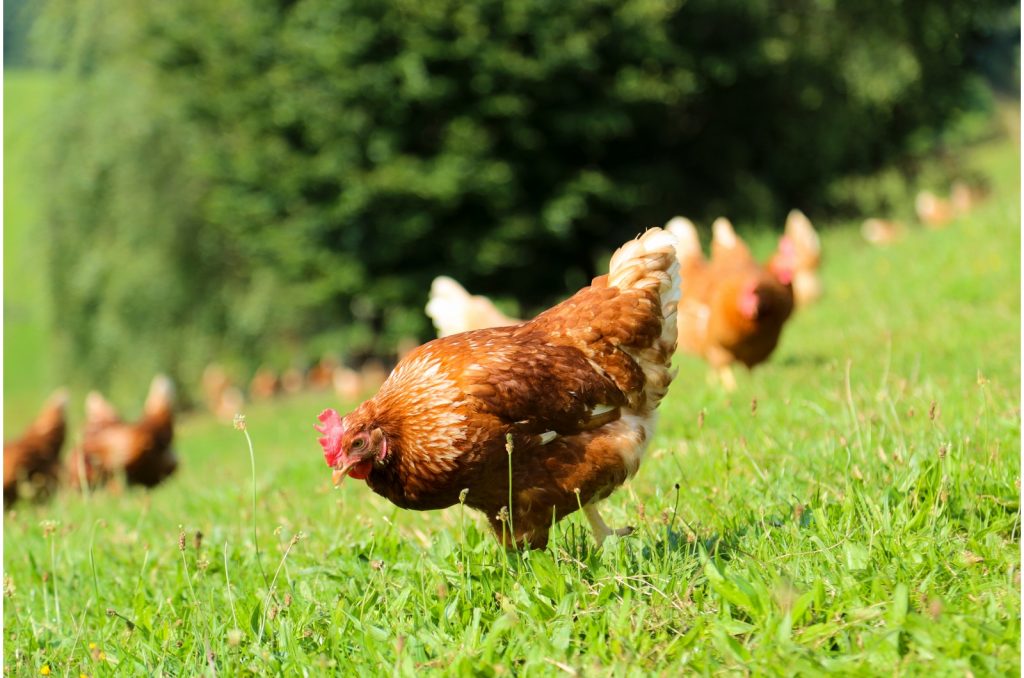
Rising prices of chicken feed will eventually make it almost impossible to have plenty of these avians in your backyard. Get ahead of this issue and start growing your own chicken food.
And when you think about it, people used to feed their poultry with kitchen scraps, grains, and other garden goodies.
That’s when these birds were at their healthiest. And the fact that they can run around your garden freely and look for their own food is great for them, too.
#1 Alfalfa
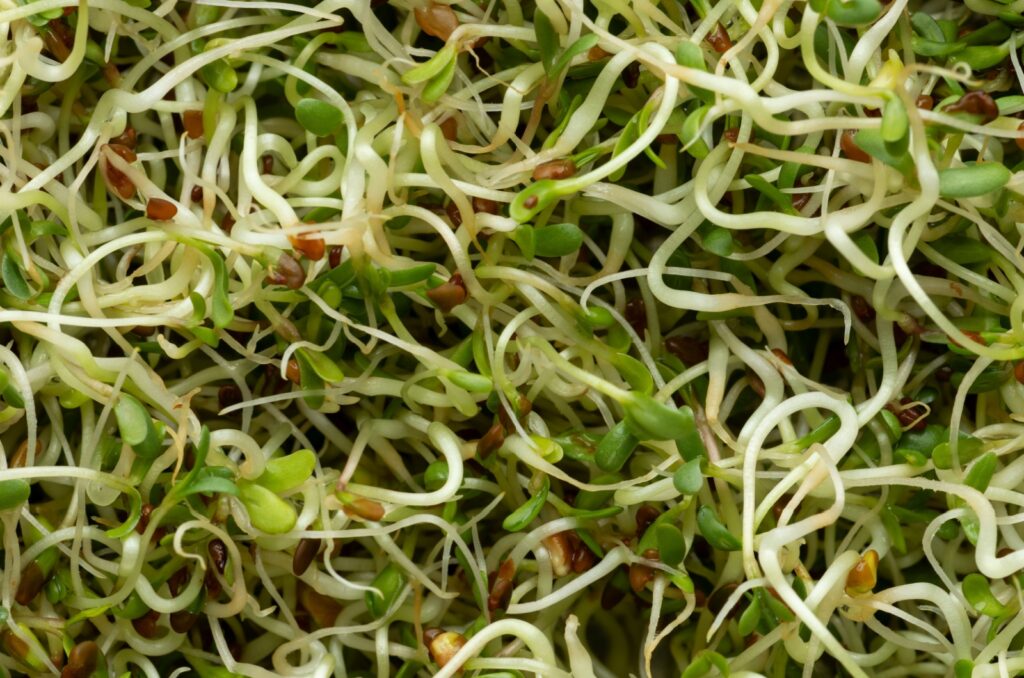
Planting season: July through August
Harvesting season: Late August to early September
Benefit: Promotes healthy digestion
I gave you the harvesting season for alfalfa, but if you only grow it for your chickens, you don’t have to bother.
Plant this legume and let your poultry eat it whenever they want to. The fiber in alfalfa will improve their digestion and the minerals will keep them healthy.
P.S. Did you know that alfalfa is so rich in pigments it can make the yolk darker? (2)
#2 Chickweed
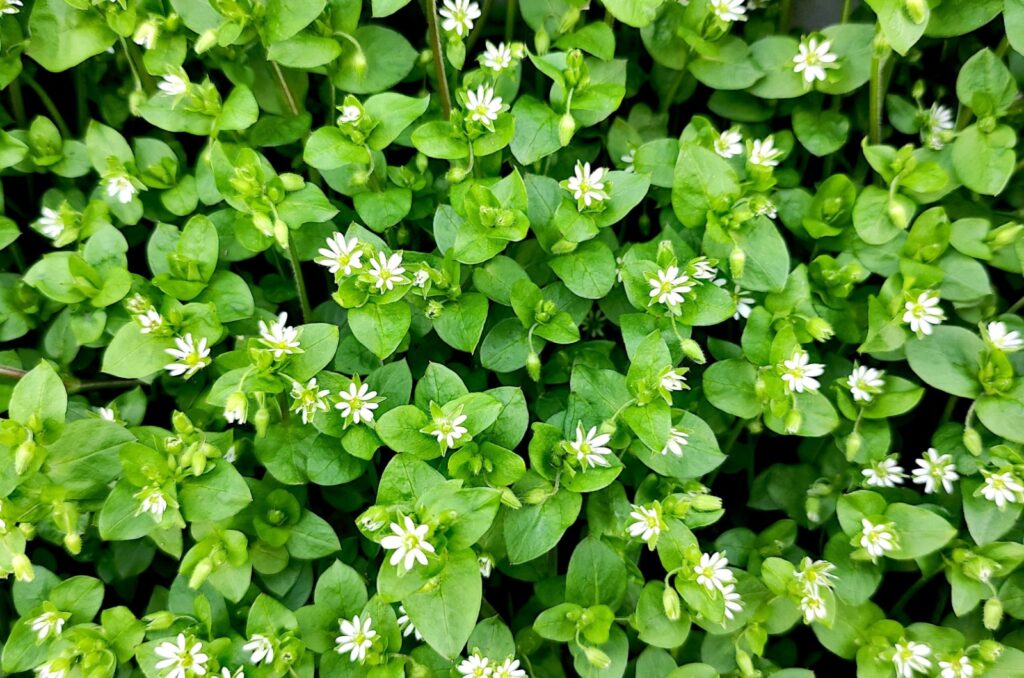
Growing season: Spring through fall
Harvesting season: Year round
Benefit: Aids overall health, nutrient absorption, digestion
It’s called chickweed for a reason! Chickens love this grass. The bad news is that you can find this plant on the list of pesky weeds that can destroy your lawn in winter. The good news is that you only need chickens to get rid of it!
This weed will keep your chickens healthy in the long run. It can improve nutrient absorption, which has all sorts of benefits. It helps with digestion, kidney function, and overall health.
Just make sure it doesn’t spread to your real garden or lawn, and you’ll be fine.
#3 Comfrey
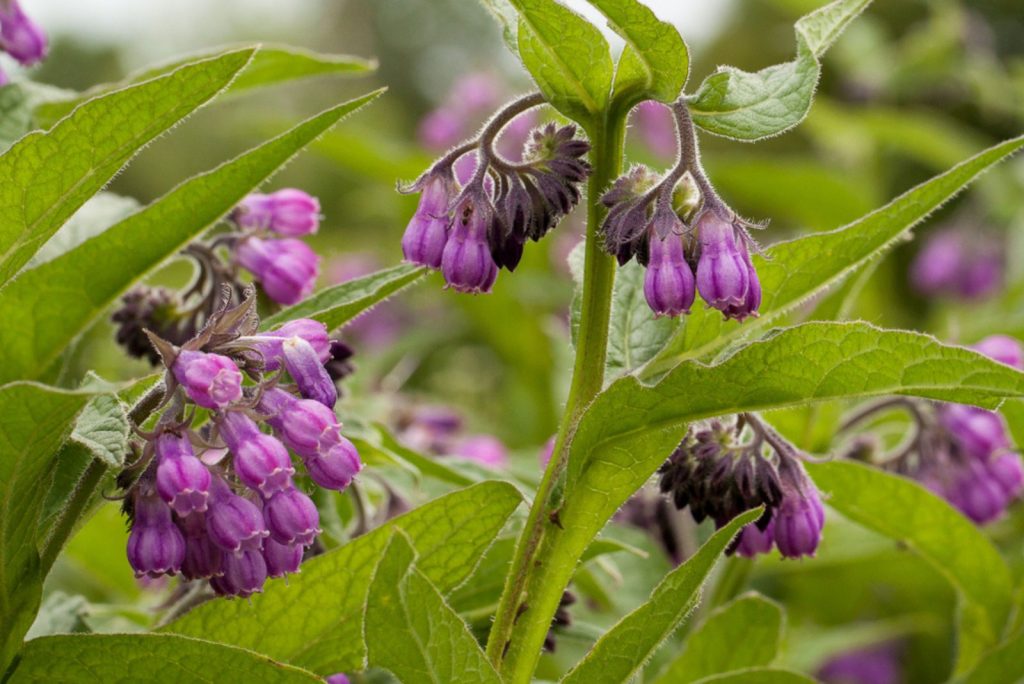
Planting season: Spring
Harvesting season: July through September
Benefit: B12 synthesis
Comfrey may not be your first choice for chickens, but it is one of the best things you can feed them. It is one of the few plants in the world that can help poultry synthesize vitamin B12.
Feed your chickens this food and you’ll see an increase in egg production. (3)
Plant comfrey near your chicken coop and you’ll create a symbiotic relationship. Chickens will eat the plant and fertilize it with their manure.
#4 Cucumbers
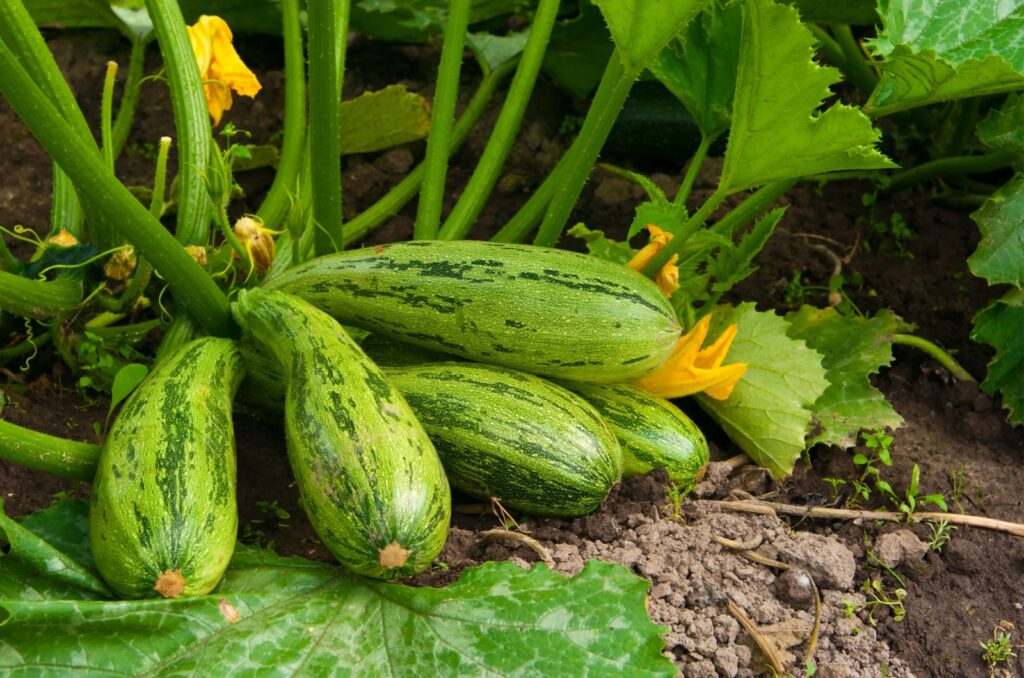
Planting season: May to June
Harvesting season: 50-70 days after sprouting
Benefit: Boosting immune system, improving vision, hydrating
Cucumbers can take up a lot of space, but if you knew how many cucumbers per plant you can get, you wouldn’t bat an eye.
But that’s not all! This veg is almost all water, so it will hydrate your chickens. It is full of vitamins, minerals, and fiber, making it an excellent plant for their overall health.
#5 Kale
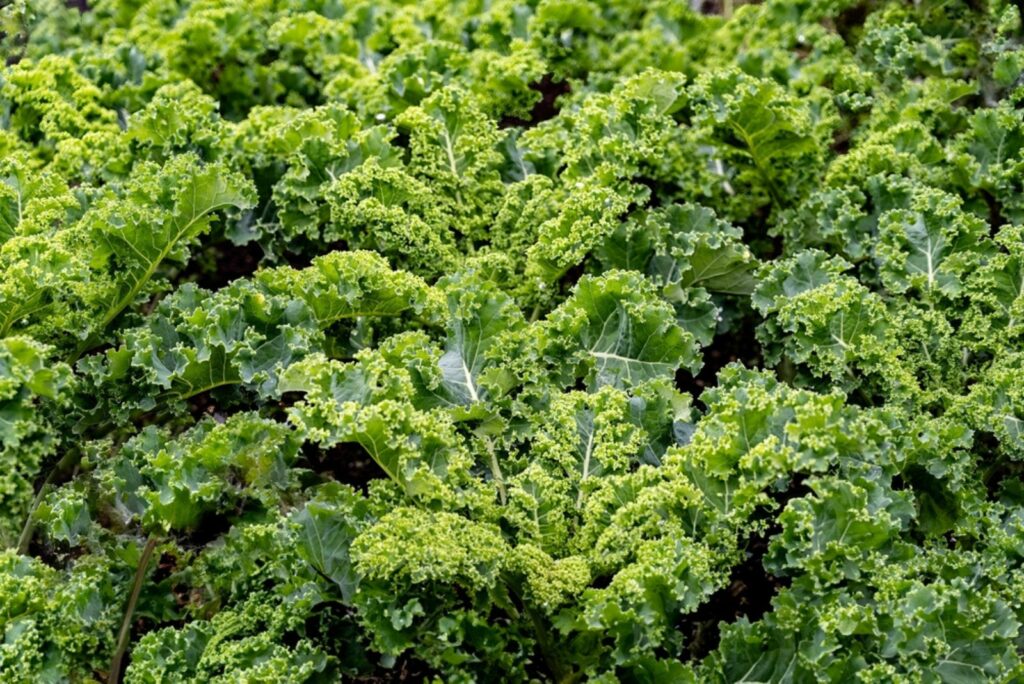
Planting season: March through June
Harvesting season: Late spring, early summer, and fall
Benefit: Improves vision
Kale is not only a delicious snack for your avians, but it can also improve their vision. This vegetable is rich in vitamin A and contains other compounds that reduce the risk of blindness.
The good news is that your chickens will munch on almost any leafy green you have, not just kale. The great news is that these vegetables will continue to grow until the chickens destroy their roots (which is highly unlikely).
Just make sure to learn the kale growing stages if you want to give this veg the best conditions.
#6 Lentils
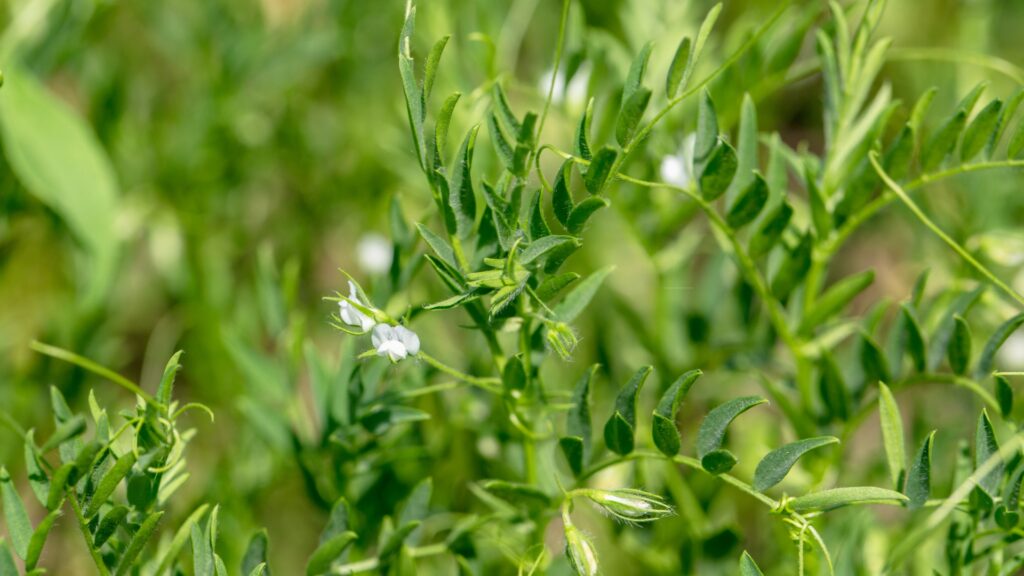
Planting season: Late April to early May
Harvesting season: July to August
Benefit: Boosting immune system, improving digestion
Did you know that lentils are an excellent food source for chickens if you prepare them the right way?
Feed your hens with sprouted lentil seeds and you’ll see the benefits in their overall health. Their immune system will become better as well as their digestion.
And the best part about this grain is that you can eat it, too!
#7 Mint
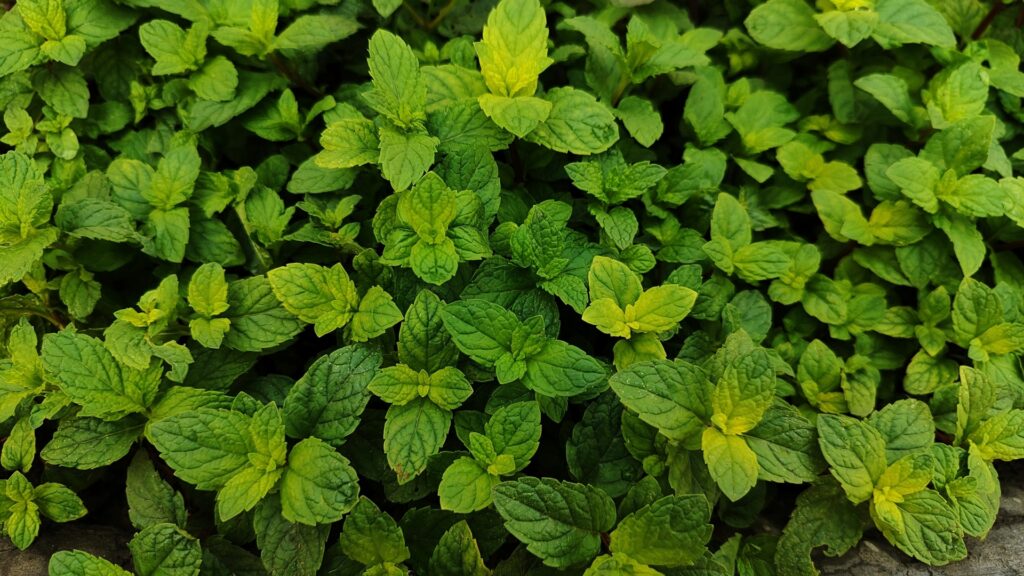
Planting season: Spring through fall
Harvesting season: March through October
Benefit: Promotes healthy digestion
Natural mint oils can help break down the food your chickens ingest and help their digestion. And to make matters even better, its smell will repel various pests from your garden.
The only thing you need to bear in mind is that it is invasive and can harm your other plants. Luckily, you can plant it in pots and say goodbye to all your troubles.
This herb is low-maintenance, but you still have to know how to keep your mint healthy during winter.
#8 Pumpkins
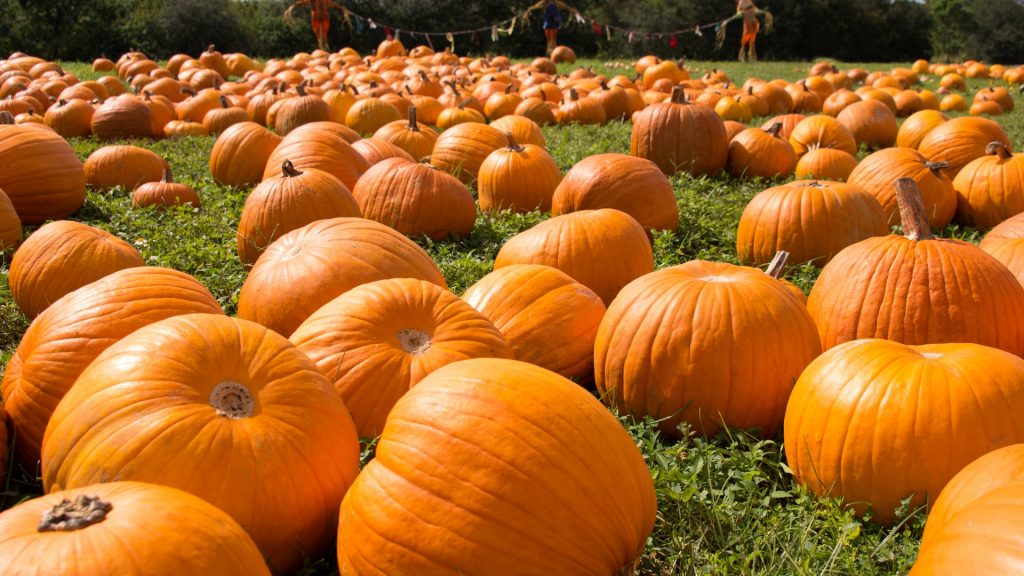
Planting season: May through June
Harvesting season: Late September through October
Benefit: Provides protein, fats, fiber, vitamins, and minerals
You may have seen your chickens wreaking havoc all over your pumpkin patch and wondered what on earth has gotten into them!
Well, pumpkins are packed with nutritious seeds. They provide healthy fats, protein, vitamins B and E, potassium, zinc, and magnesium to your chickens. All these nutrients improve poultry’s immune system and overall health.
Make sure to give these vines enough room to grow. Also, don’t forget to fertilize pumpkins the right way if you want to have enough for yourself and your chickens.
#9 Sunflowers
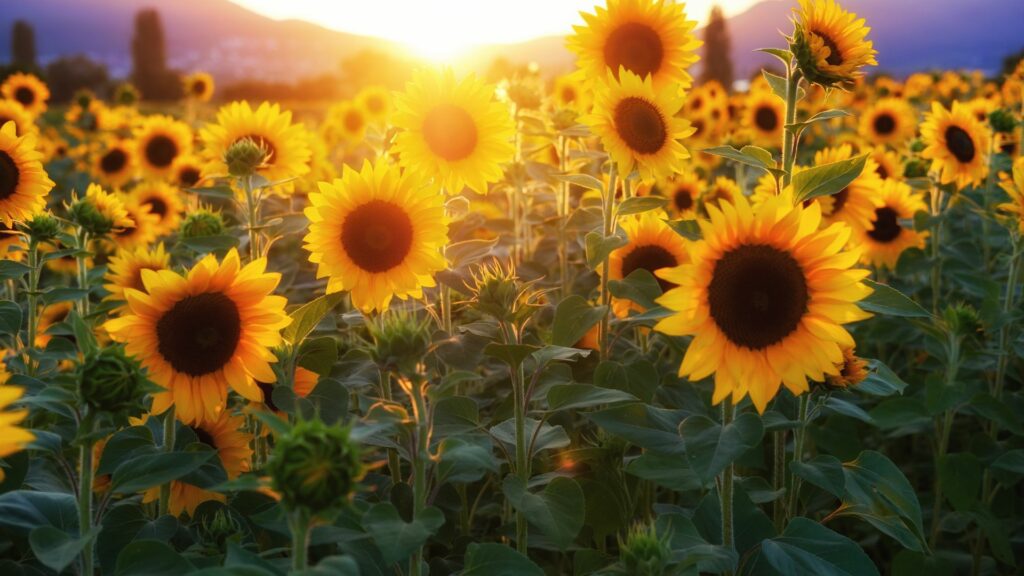
Planting season: April to May
Harvesting season: July through October
Benefit: Provides protein and fats
Sunflower seeds are a great source of protein and healthy fats to both us and our chickens. Yet, buying them in stores will quickly add up!
Grow the sunflowers yourself, harvest their seeds once the flower heads turn brown, and you’ll have a great winter snack for your chickens (and your family).
And the best part is that these flowers aren’t that difficult to grow. Just make sure to avoid these common sunflower growing mistakes, and you’ll be fine.
#10 Sweet Corn
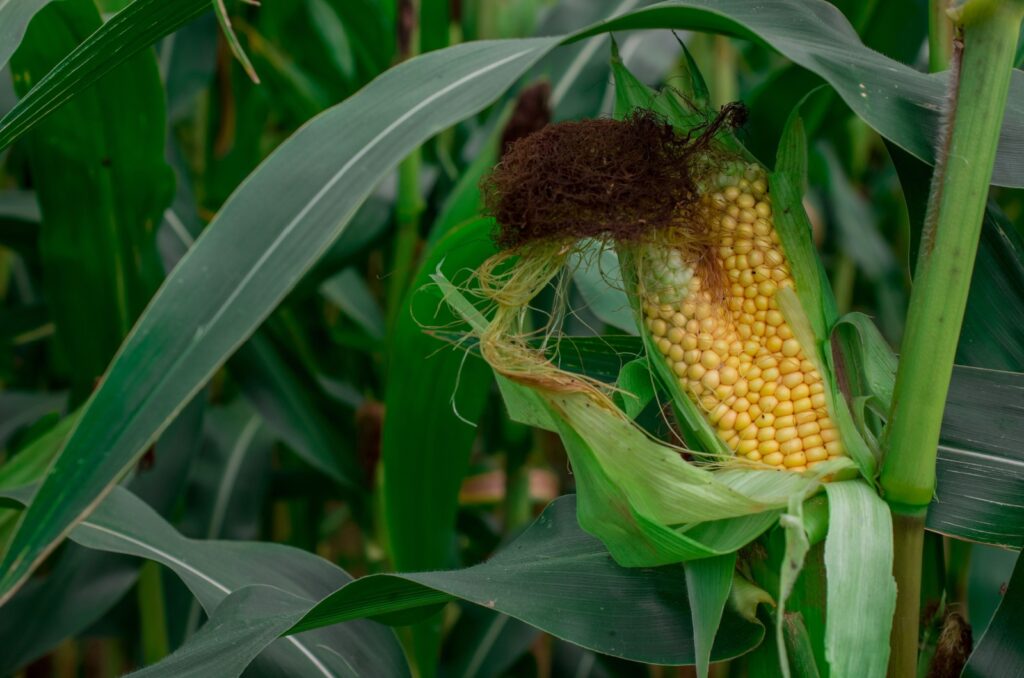
Planting season: Mid-April to May
Harvesting season: August through October
Benefit: Provides carbs
This veg is a true delicacy for your chickens. Make sure it has enough room to grow, and it will thrive. Also, a better understanding of the corn growing stages will help you care for this plant as best you can.
Save some cobs for the colder season to have something to feed your chickens or cook a delicious meal for your family.
Just make sure corn isn’t the main meal, but a snack to your chickens, and they will flourish.
#11 Clover
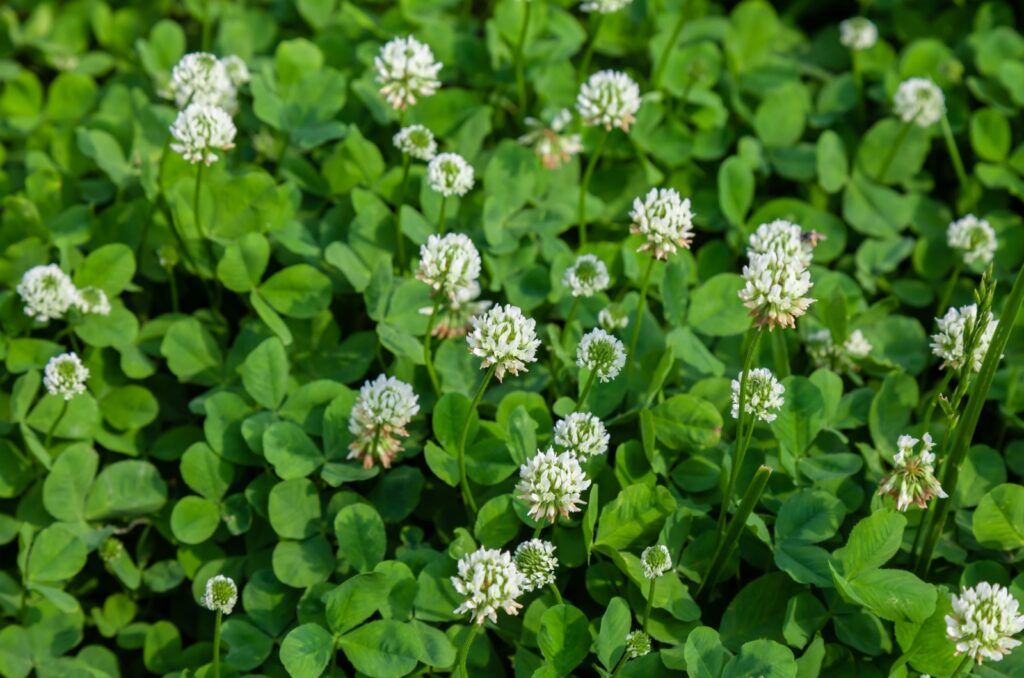
Planting season: Spring through early fall
Harvesting season: Year-round grazing
Benefit: Improves digestion, boosts immune system
Clover is one of the easiest plants to grow, and your chickens will love it! It’s packed with essential nutrients that promote better digestion and improve their immune system.
The best part? You don’t need to harvest it! Just let your chickens graze on it freely. Clover regenerates quickly, making it a sustainable, low-maintenance food source for your flock.
#12 Squash
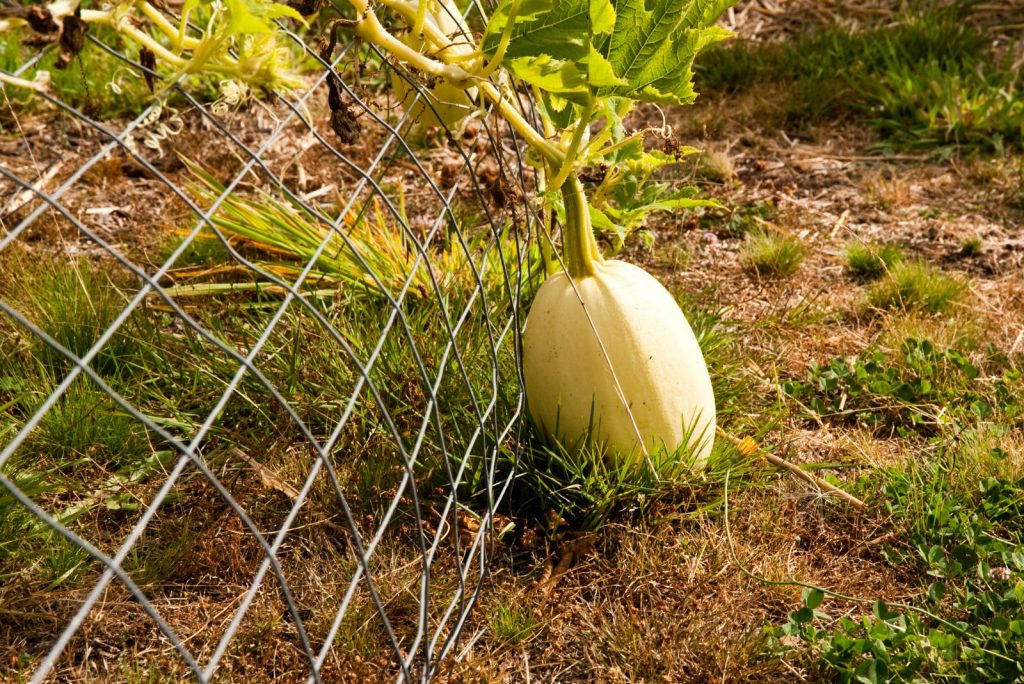
Planting season: Late May through June
Harvesting season: Late summer through fall
Benefit: Provides fiber, vitamins, and hydration
Squash is another excellent vegetable for chickens. They love pecking at the soft flesh and seeds, and the high water content helps keep them hydrated.
You can grow different varieties, like butternut or acorn squash, and let your chickens enjoy the nutritious goodness. Just make sure to plant them in a sunny spot and give the vines plenty of space to spread.
#13 Dandelions
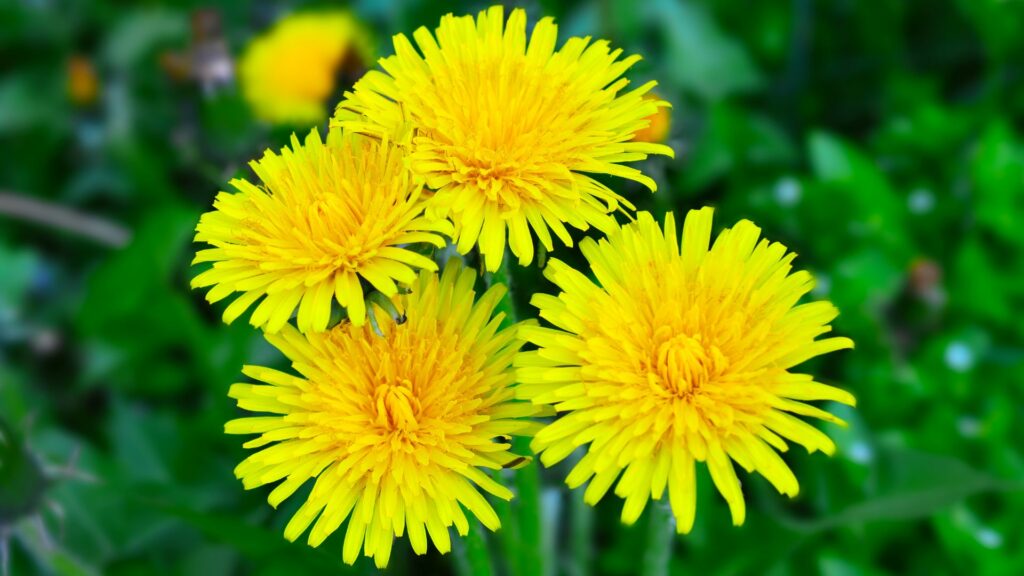
Planting season: Early spring through fall
Harvesting season: Year-round
Benefit: Detoxifies, aids digestion, and boosts egg production
Dandelions may be a nuisance in your lawn, but for chickens, they’re a nutritious superfood. Every part of this plant is edible, from the roots to the bright yellow flowers.
These weeds are rich in calcium, iron, and vitamins A, C, and K, all of which contribute to strong eggshells and overall poultry health. Let your chickens feast on dandelions, and they’ll naturally detoxify their bodies while enjoying a delicious snack.
#14 Amaranth
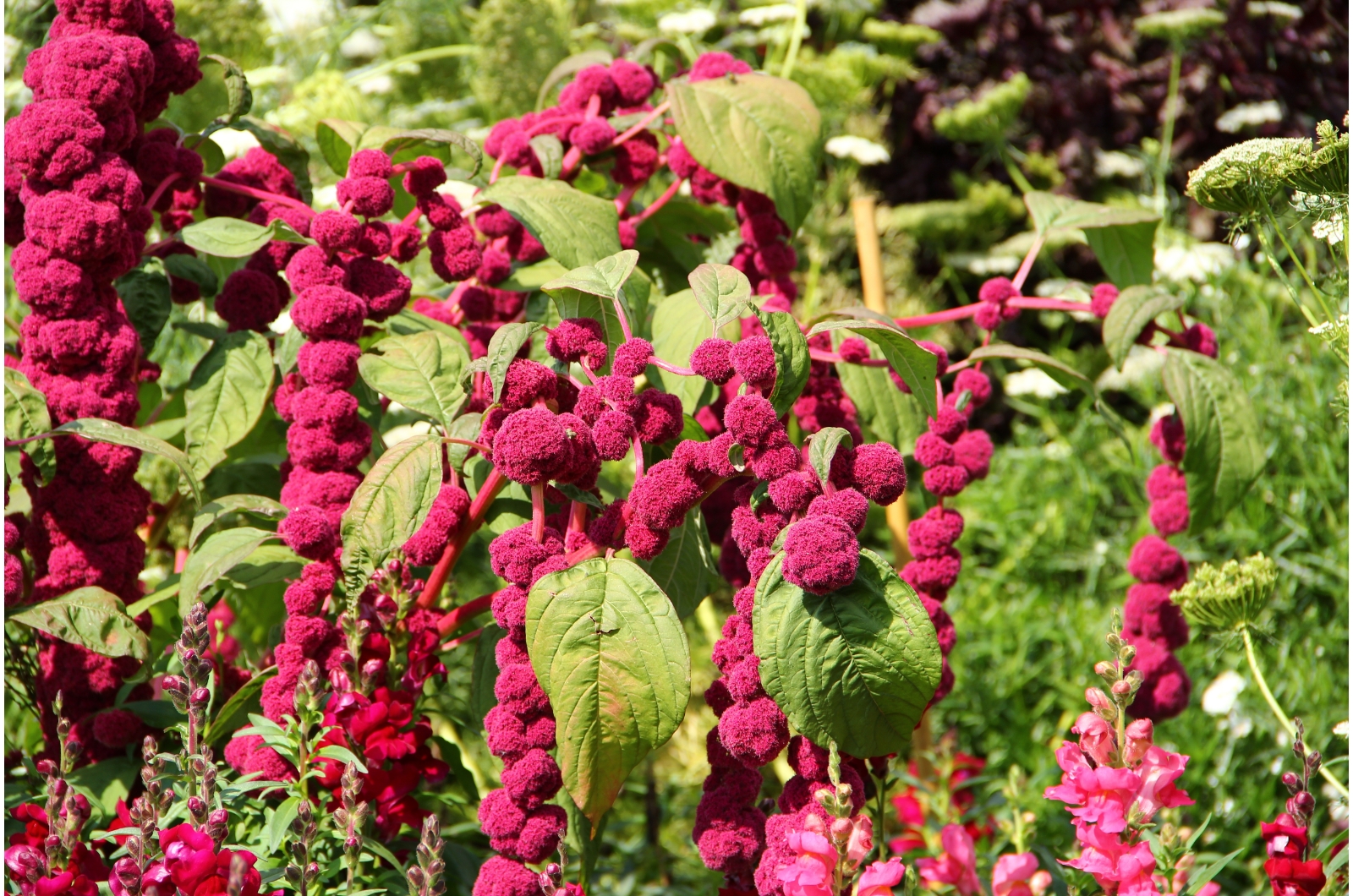
Planting season: Late spring to early summer
Harvesting season: Late summer through early fall
Benefit: Provides protein, fiber, and minerals
Amaranth is a powerhouse of nutrition, offering protein, fiber, and essential minerals for your chickens. Both the leaves and seeds are edible, and they make an excellent supplement to their diet.
This plant is incredibly hardy and grows well in different conditions. Plus, its deep red and green leaves add a splash of color to your garden while feeding your flock.
# 15 Turnips
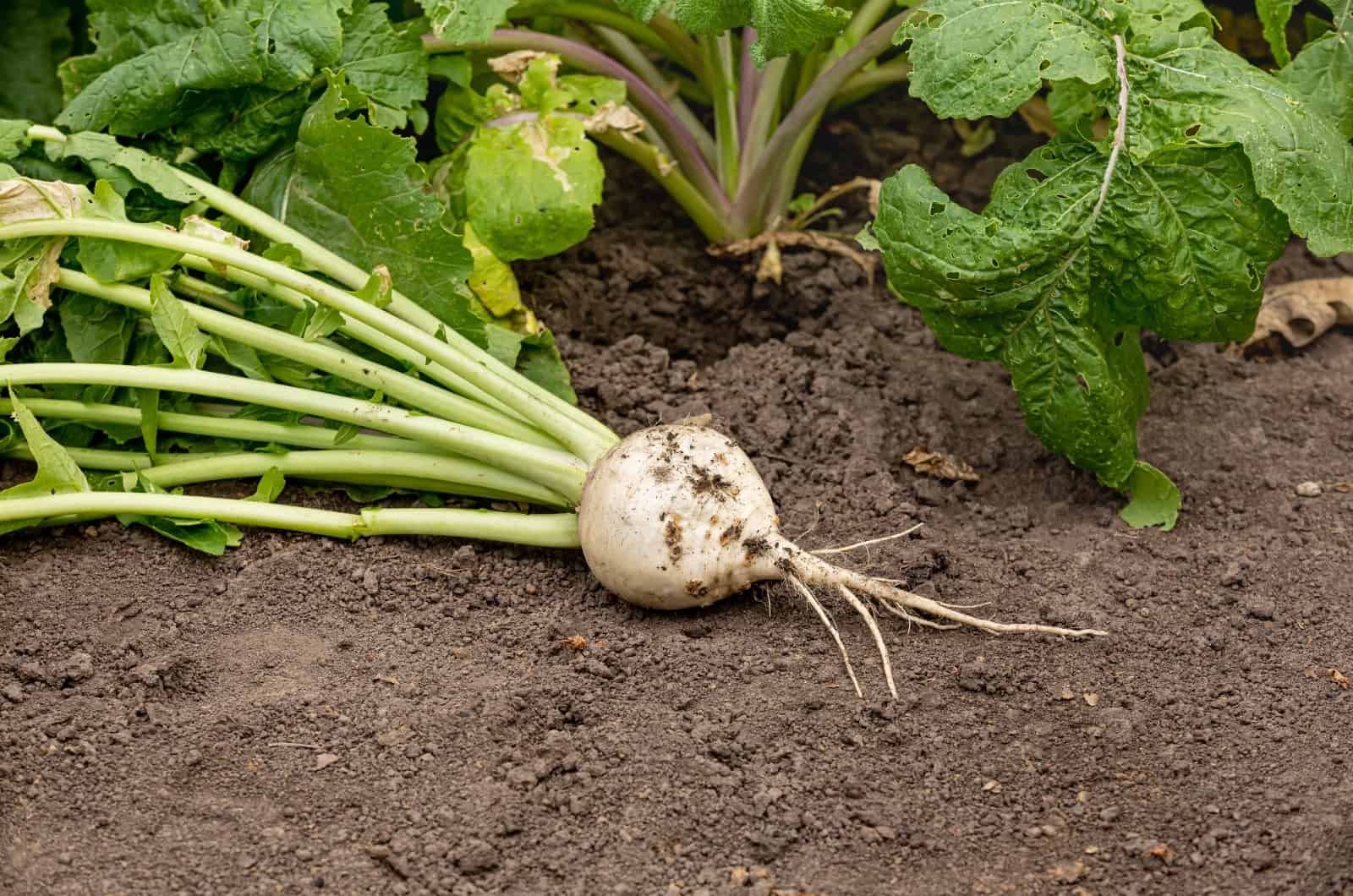
Planting season: Early spring and late summer
Harvesting season: 30-60 days after planting
Benefit: Provides vitamins, minerals, and hydration
Turnips are a two-in-one treat for your chickens—they can munch on both the leafy greens and the root itself! These vegetables are rich in vitamins C and B6, potassium, and fiber, all of which contribute to a balanced diet.
If you plant turnips in succession, you’ll have a steady supply of food for your poultry throughout the growing season. Plus, they grow fast, so you won’t have to wait long before your chickens get to enjoy them.
#16 Oregano
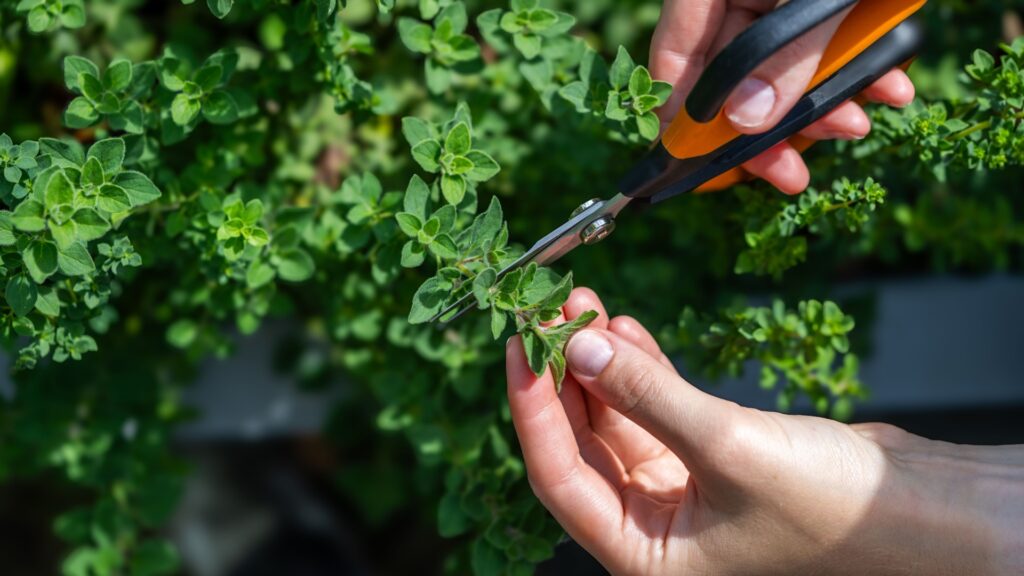
Planting season: Spring through early summer
Harvesting season: June through October
Benefit: Boosts immunity and prevents disease
Oregano isn’t just for pizza—it’s a natural antibiotic for your chickens! This aromatic herb has strong antibacterial and antiviral properties, which can help prevent common poultry diseases such as coccidiosis and respiratory infections.
Your flock will love pecking at the leaves, and you’ll love how it boosts their immune system. Plant oregano in full sun, and like mint, it’s best to grow it in pots to stop it from spreading too much. Dry some for winter and sprinkle it in their feed or water for a healthful year-round supplement.
#17 Nasturtiums
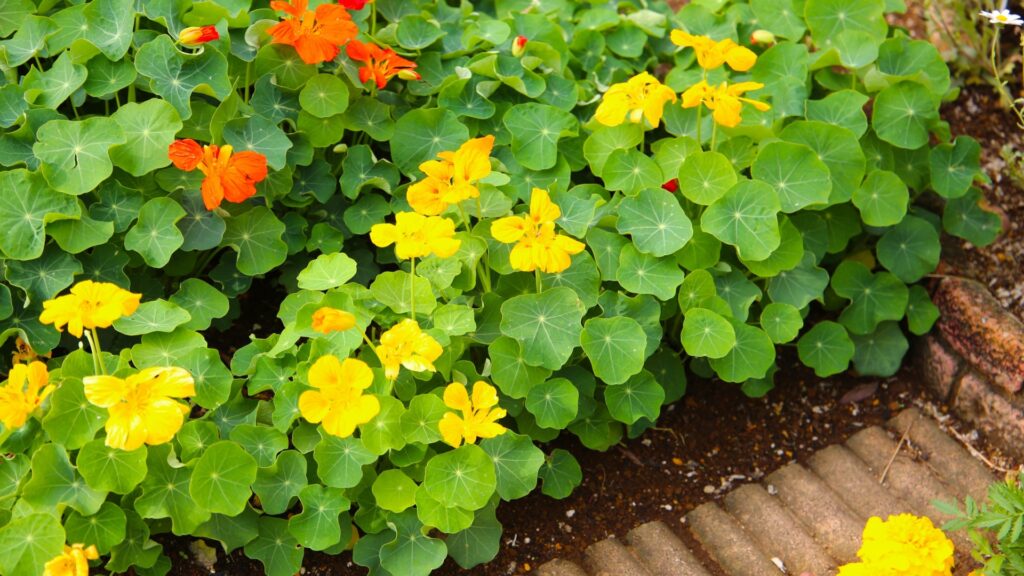
Planting season: After last spring frost
Harvesting season: Summer through fall
Benefit: Natural dewormer and egg booster
Nasturtiums are more than just a pretty face. These vibrant flowers are edible and act as a natural dewormer for chickens. Rich in sulfur compounds, they help fight parasites while supporting overall immunity and egg production.
Both the leaves and flowers are safe to eat, and your chickens will happily snack on them throughout the day. Bonus: nasturtiums repel pests like aphids, making them a great companion plant for your veggie garden too!
#18 Parsley
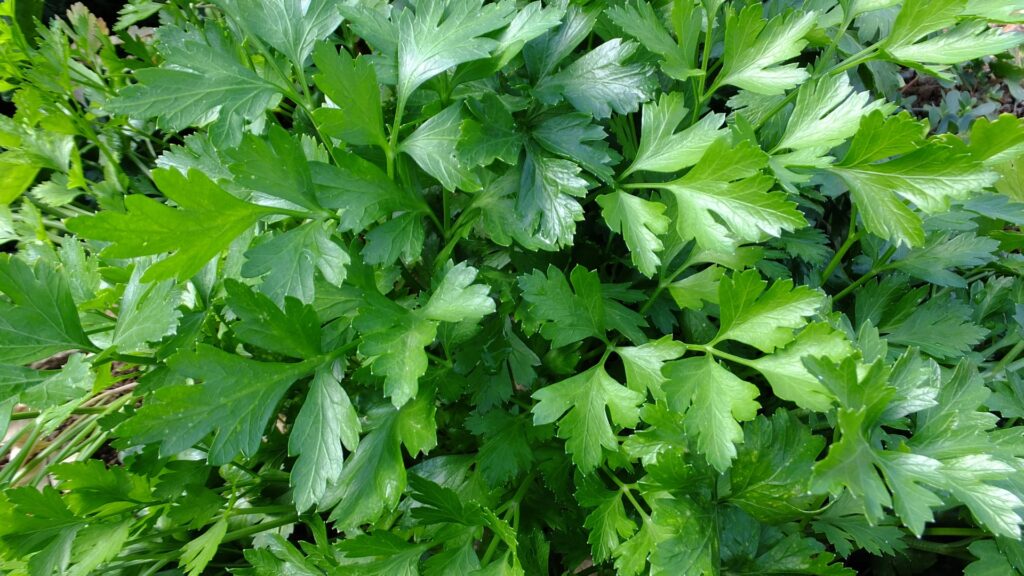
Planting season: Early spring and fall
Harvesting season: 70–90 days after planting
Benefit: Supports blood health and egg production
Parsley is more than a garnish—it’s a powerhouse herb for your flock. Packed with iron, calcium, and vitamins A, C, and K, parsley supports healthy blood circulation, boosts egg production, and strengthens bones.
It’s especially beneficial during molting season when chickens need extra nutrients. Just be sure to feed it in moderation—too much can interfere with calcium absorption.
Plant parsley in partial shade and it’ll keep producing fresh greens for your birds for months. Bonus: it’s great for your cooking, too!
#19 Bee Balm
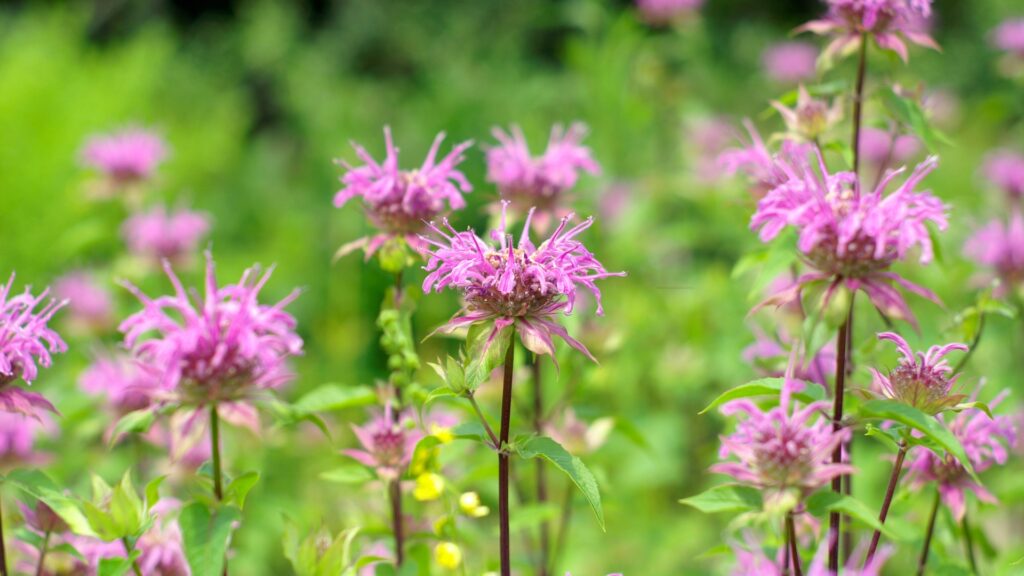
Planting season: Spring through early summer
Harvesting season: Mid to late summer
Benefit: Respiratory support and immune boost
Bee balm (also known as Monarda) isn’t just a pollinator magnet—it’s a fragrant, flavorful herb that can support your chickens’ respiratory health. Its essential oils act as a natural decongestant, especially helpful during damp or cold weather.
Chickens enjoy foraging on the leaves, and you can also dry and crumble them into winter feed. Grow bee balm near the coop for a burst of color, scent, and health benefits. Just make sure it gets full sun and well-drained soil.
Chicken Garden
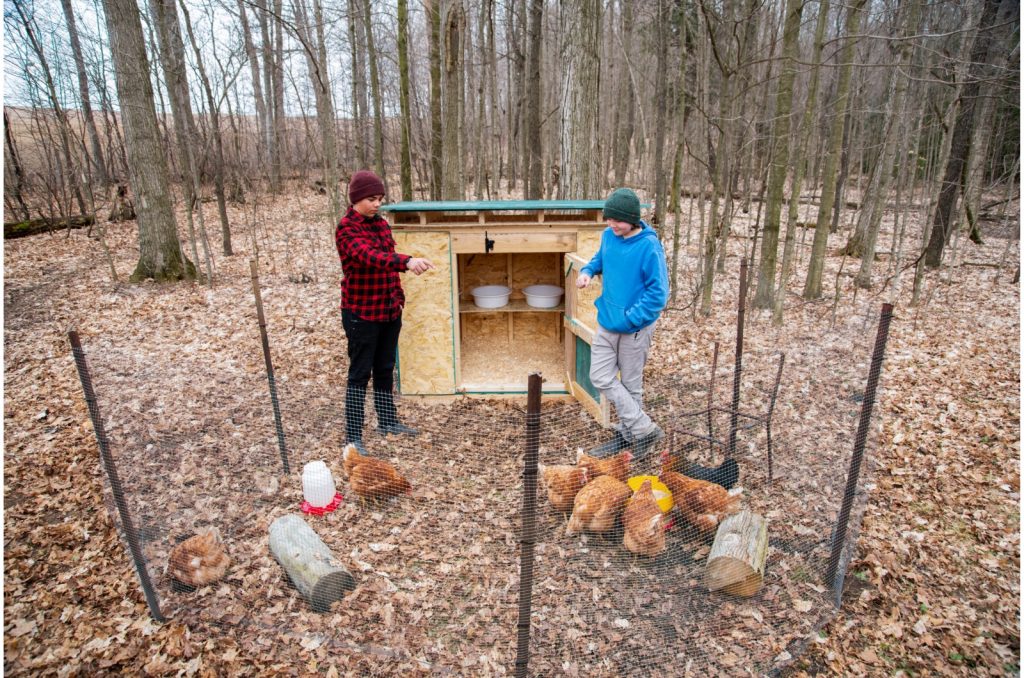
One thing that can make all the difference is creating a chicken garden. That means planting herbs, grains, and vegetables these birds like to munch on near their coop.
This technique will keep the chickens in one place and they won’t make a total mess of your entire property.
Another thing I love about chicken gardens is how low-maintenance they are. You don’t have to fertilize them because chicken poop acts as nature’s own plant food.
Planning Your Chicken Garden
Chicken gardens don’t need that much planning. The only thing you need to make sure of is that your birds don’t destroy it before establishing.
One thing you can do is keep your poultry in the coop (as long as they have enough space) until your plants are mature enough.
Another thing you can try out is fencing your plants for the time being. This will keep them safe until maturation.
Move your poultry around or let them roam freely so that they always get fresh food to munch on. This technique will also help your land and keep it from being overworked.
Finally, include plants for all seasons. That way, your chickens will always have something fresh to forage.
Growing Chicken Food Without A Garden
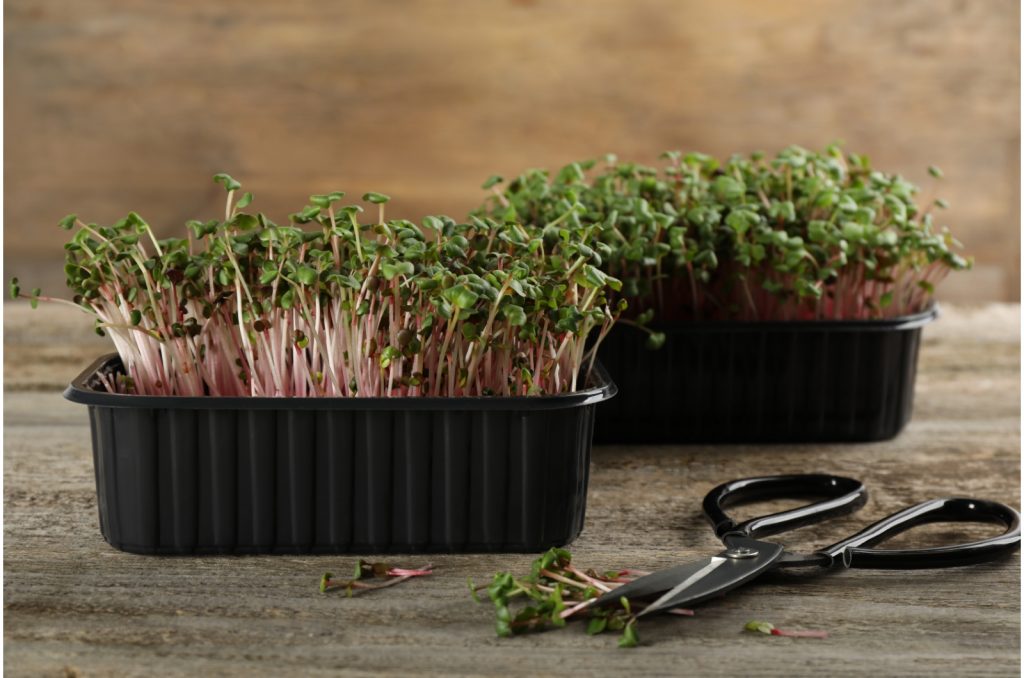
What if I don’t have enough room for a garden, but still want to grow my own chicken feed? There’s a solution to your troubles.
You can try growing poultry-friendly plants in containers or start microgreens. They don’t need a long time before they’re ready for the harvest.
References:
1. Wallace, J., Oleszek, W, Franz, C., & Hahn, I. (2010). Dietary Plant Bioactives for Poultry Health and Productivity. British Poultry Science.
2. Why Do Some Eggs Have Darker Yolks? (n.d.). RSPCA Assured.
3. Zhou, H. et. al. (2022). Comfrey Polysaccharides Modulate the Gut Microbiota and Metabolites SCFAs and Affect the Production Performance of Laying Hens. International Journal of Biological Macromolecules.

